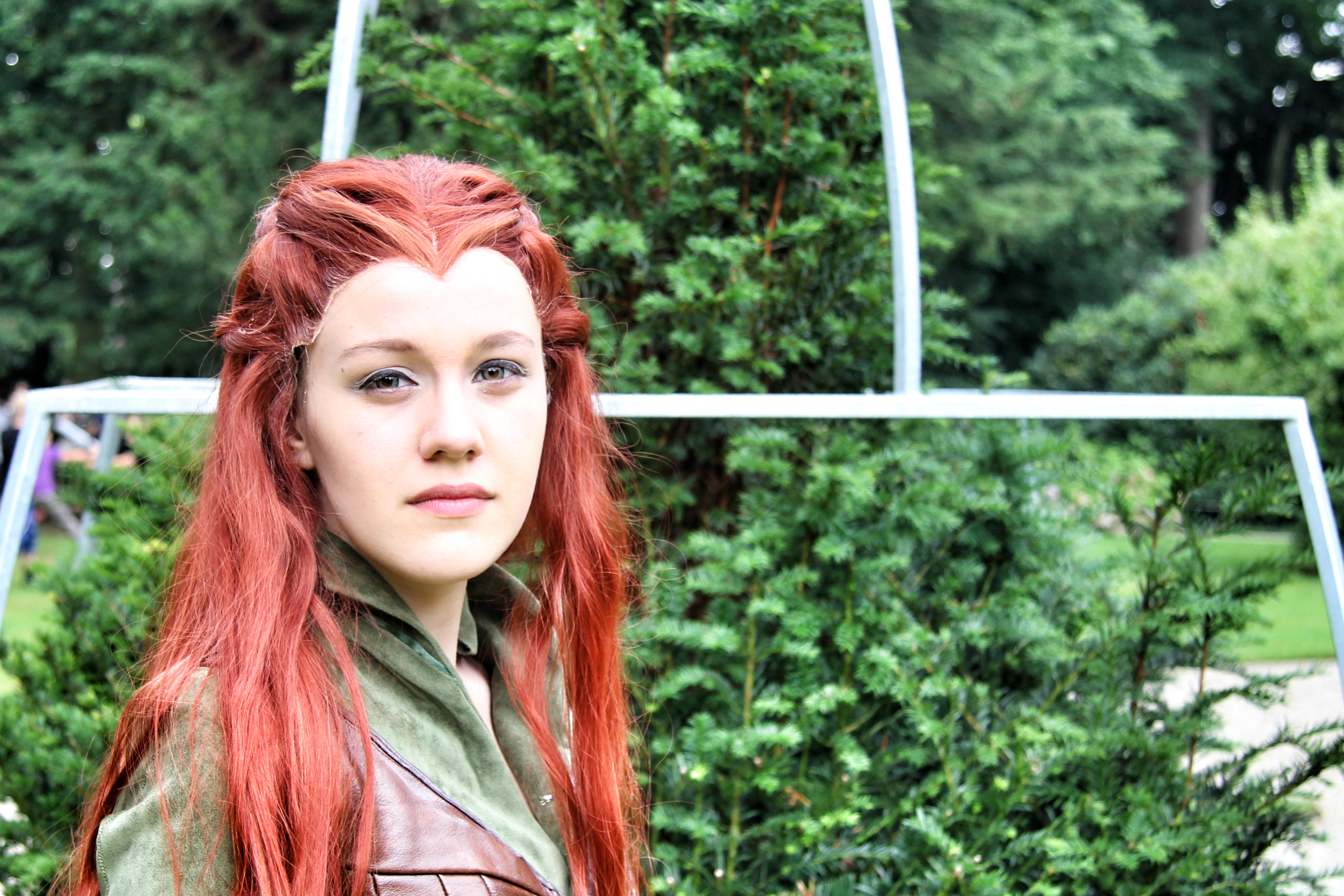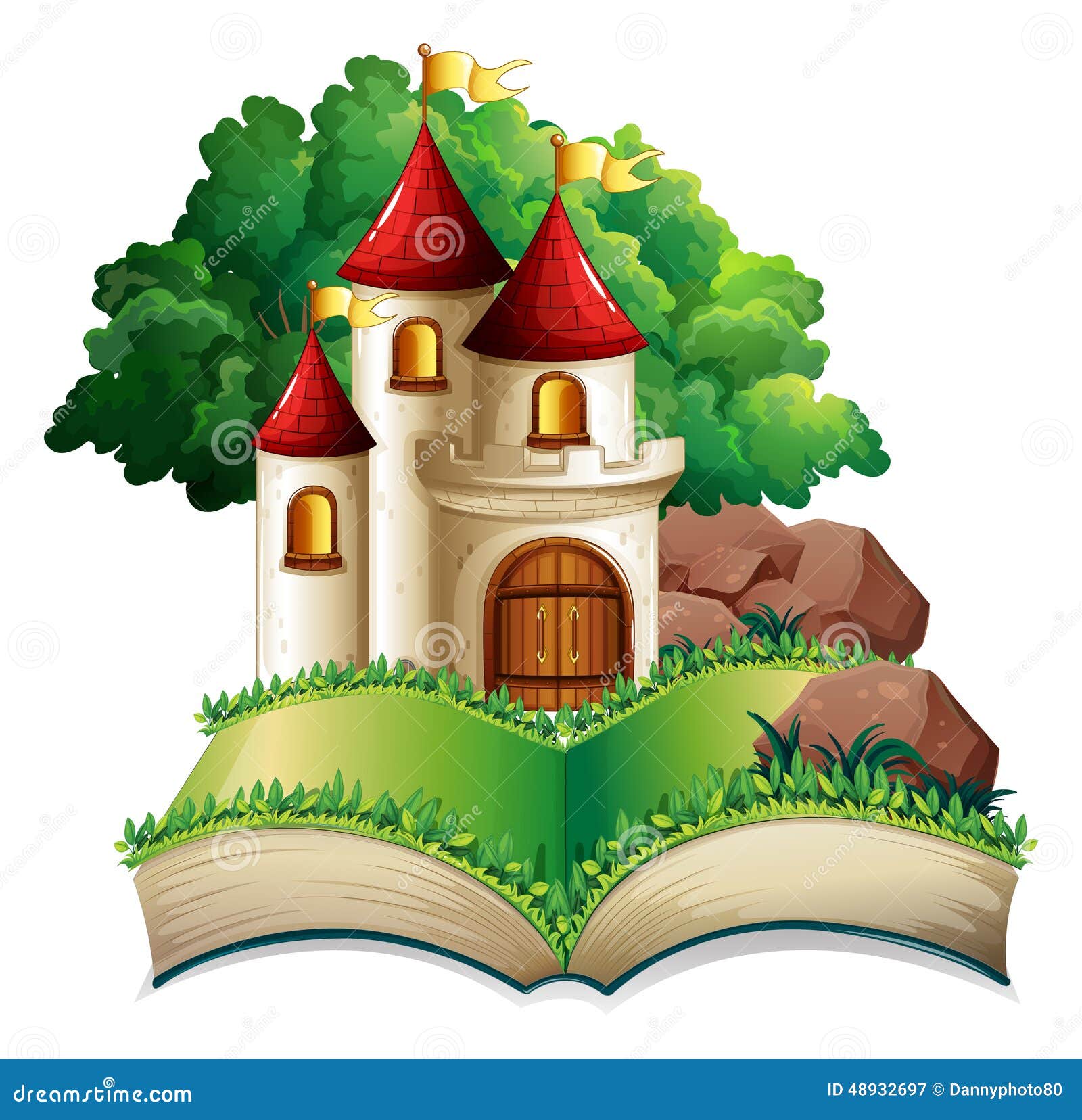

There are many scary parallels between 1930s Germany and America today - the feeling of disenfranchisement of many, especially working class voters the discomfort with an increasingly global world and economy and the loss of faith in government and institutions, to name a few.


Jessica Shattuck: I think these questions are always relevant - sometimes they’re writ larger than others, and now is definitely one of those times. Do the moral questions in your book seem more relevant than ever given the current atmosphere of political upheaval and polarization in the U.S.?

Here, Shattuck talks about the relevancy of her new book to today’s political discourse, the inspiration for her first work of historical fiction, and what she is working on next.īookselling This Week : The Women in the Castle grapples with big issues: good versus evil, the power of propaganda and rhetoric, moral accountability and political resistance, and the possibility of redemption. “Jessica Shattuck brings us into their world and shows us that the rules for love and loyalty are different in wartime,” said Rennert.Shattuck’s two previous novels, The Hazards of Good Breeding, a New York Times Notable Book and a Winship/PEN Award finalist, and Perfect Life, were published by W.W. Shattuck introduces readers to Marianne, Benita, and Ania, whose husbands were killed as members of the anti-Nazi resistance, but, said Rennert, each of the women “brings very different backgrounds to their makeshift home in the castle’s kitchen” and each faces repercussions from past choices and current secrets. have chosen Jessica Shattuck’s novel The Women in the Castle (William Morrow) as their number one Indie Next List pick for April.ĭawn Rennert, the co-owner of The Concord Bookshop in Concord, Massachusetts, said this story about three war widows and their children who are holed up in a crumbling Bavarian castle at the end of World War II is an “engaging novel filled with rich period details.”


 0 kommentar(er)
0 kommentar(er)
